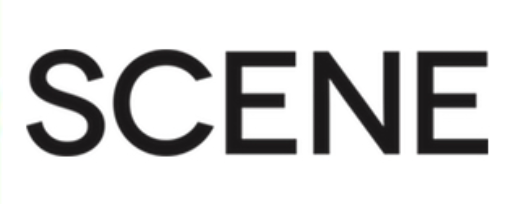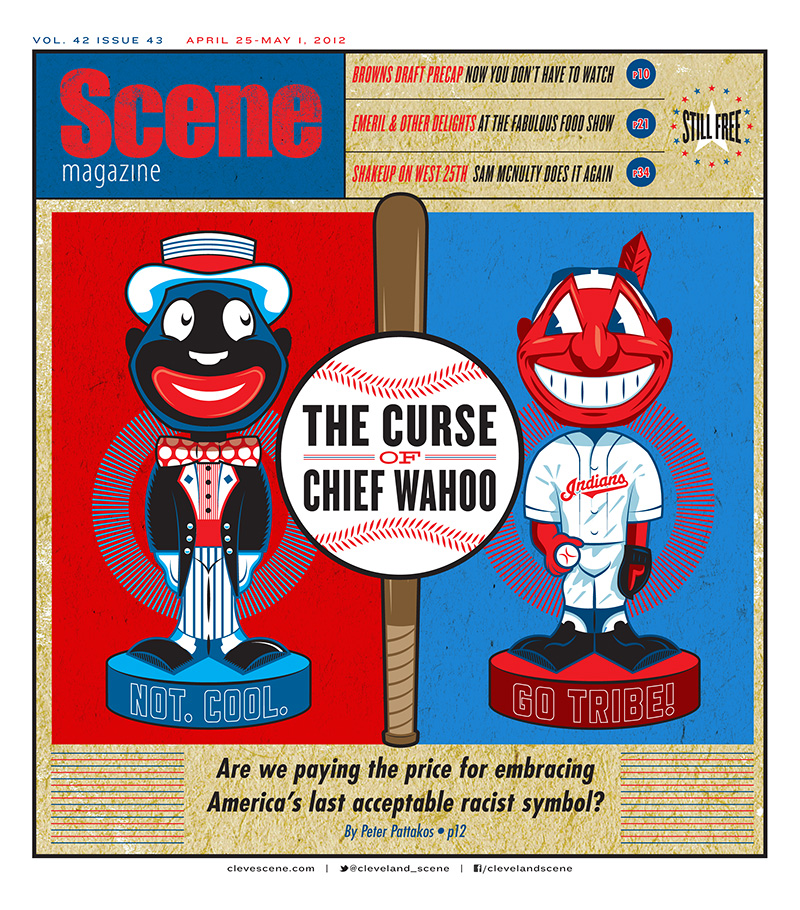This afternoon, the FBI released an affidavit that was used to obtain the warrants for Tuesday’s search and seizure executed at Browns owner Jimmy Haslam’s Pilot Flying J headquarters. The 120-page document contains allegations that company employees have, for “many years,” with the knowledge of Haslam and other top executives, engaged in a scheme to defraud unsophisticated customers out of money owed to them by way of a company rebate program.
The Plain Dealer’s John Caniglia summarizes as follows:
A 120-page affidavit for a search warrant filed in U.S. District Court in Knoxville, Tenn., says Pilot Flying J sales employees withheld fuel price rebates and discounts from certain companies to boost the profitability of the company and increase their sales commissions. The affidavit says FBI and IRS agents are investigating charges of conspiracy, mail fraud and wire fraud.
The document says “the rebate fraud has occurred with the knowledge of Pilot’s current President Mark Hazelwood and Pilot’s Chief Executive Officer James A. “Jimmy” Haslam III, due to the fact that the rebate fraud-related activities have been discussed during sales meetings in Knoxville, Tenn., in which Hazelwood and Haslam have been present.”
* * *
The document, written by an FBI agent who specializes in public corruption and white-collar crime, said the investigation began May 4, 2011, when a source told the FBI that Pilot employees had been targeting some companies who were “too unsophisticated to catch that their agreed-upon deal with Pilot was being changed to benefit Pilot without the knowledge of those customers.’
While it’s not clear exactly what Haslam knew about the scheme, he’s mentioned on 14 pages of the affidavit (easily searchable here), including most significantly:
A reference on Page 21 to a meeting where Haslam allegedly “thanked” certain prominent participants in the scheme “for saving Pilot money;”
A reference on Page 66 to a meeting where Haslam was allegedly present while employees “ma[de] reference to … previous deceptive conduct;”
A reference on Page 72 to an email “[stating] that Jimmy Haslam and John Freeman were looking carefully at every Customer’s profit and loss report and consolidating duplicate entries … [T]he increased profit from Rebate Fraud would be clearly evident to Jimmy Haslam and John Freeman;”
And a reference on Page 78 to a conversation with John Freeman recorded by a confidential informant that’s described as one in which the participants “discuss … that Mark Hazelwood and Jimmy Haslam were aware of Freeman’s deceptive activity directed at Customer Western Express.” There’s an excerpt of this conversation provided, with the reference to Haslam at Page 81:
“What does Mark (Hazelwood) and Jimmy (Haslam) say about sh*t like that,” the informant asked.
“F*ckin A,” Freeman replied. “I mean, I called Jimmy and told him I got busted at Western Express.”
“What did he say?”
“Oh, he knew it.”
“Oh, he did?”
“Absolutely. I mean, he knew all along that I was cost-plussin’ this guy. He knew it all along. Loved it. We were making $450,000 a month on him.”
“Holy sh*t!”
“Why wouldn’t he love it?”
Caniglia explains that this conversation relates to a deal that the company cut when one of its customers, Western Express, “audited its bill and calculated that it had been shorted $1 million.”
When Western told Pilot Flying J about the shortfall, the two companies negotiated an unusual settlement.
John Freeman, Pilot Flying J’s vice president for sales, offered to cut the business a check. Instead, Western asked Pilot Flying J to buy a plane, for which Western owed $1 million.
“So, I bought the (expletive) airplane,” Freeman told colleagues in a conversation secretly recorded by the FBI informant. “It was so broke that the (expletive) wasn’t airworthy. So we had to sell it in Nashville.”
The Western payback became legendary among the company sales force, which joked about it during many of the meetings that the FBI informant secretly recorded.
On a look at the affidavit, the possibility that Haslam escapes personal criminal liability can’t be ruled out (“beyond a reasonable doubt” is the applicable standard), even if his company or certain of his employees aren’t so lucky. But it doesn’t look good for him here. There’s a number of questions about the implications for Haslam’s ownership of the Browns pending the final outcome of this investigation, even if he’s found only to be an owner and CEO of a company that engaged in a fraudulent scheme without his (direct or imputed) knowledge. In any event, there looks to be plenty of evidence of the alleged scheme itself, regardless of what Jimmy knew (or should have known) and when he knew (or should have known) it. Lower level employees are sure to be offered deals to flip on their higher-ups, and affidavit specifically notes that the document “is intended to show only that there is sufficient probable cause for the requested warrant and does not set forth all of [his] knowledge about [the] matter.”
Of course, the feds only got to execute their warrant this week, so what’s contained in the affidavit could well be the tip of the iceberg, and again, it will almost certainly be quite some time before this issue is resolved.



